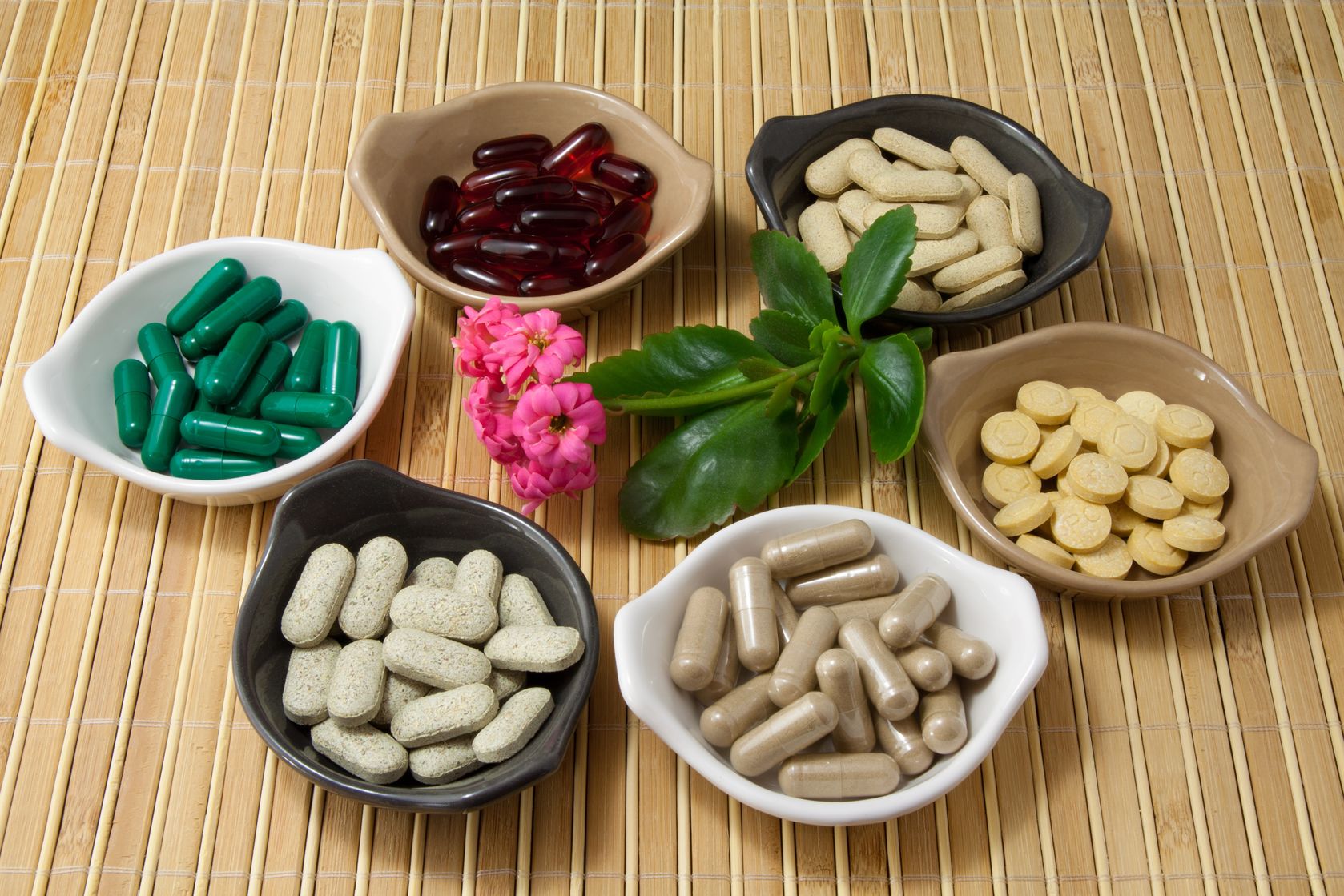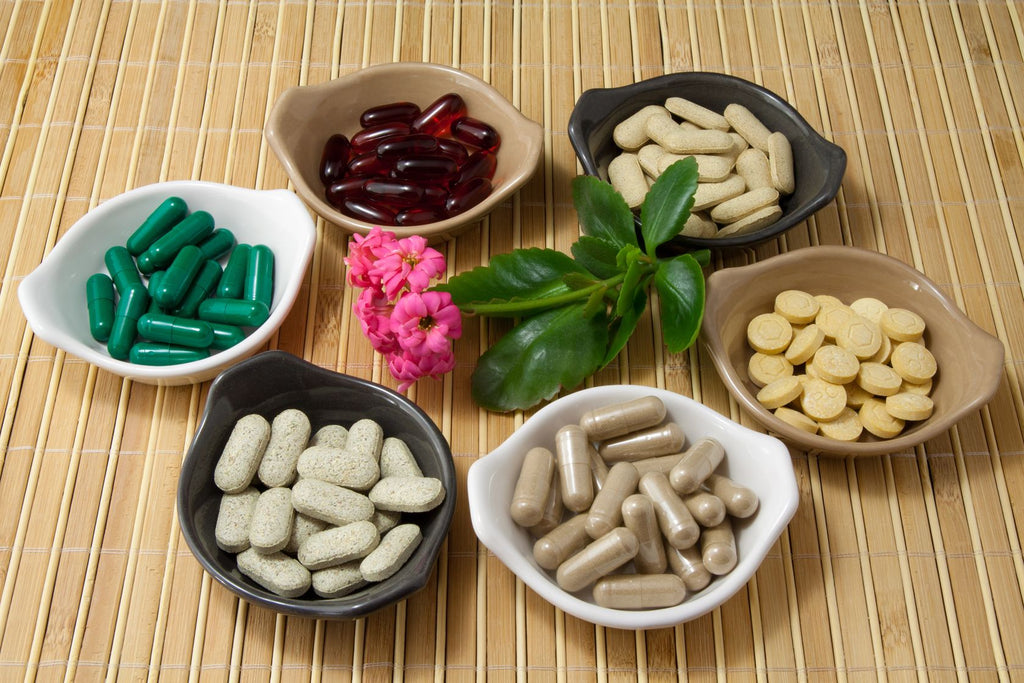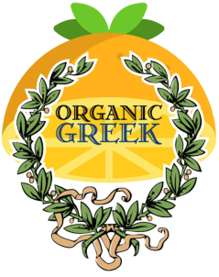- Your cart is empty
- Continue shopping

As we have made our life so easy by using frozen or junk food but on the other hand it becomes worse by the harmful effects of consuming this kind of diet.
So it is very necessary to add some nutrients and vitamins to our food. And Natural Herbal Supplements are the ones that can overcome your illness and make you fit and healthy for your daily work.
What Are Natural Herbal Supplements?
Natural Herbal supplements are products derived from plants and/or their oils, roots, seeds, berries, or flowers. Natural Herbal supplements have been used for many centuries. They are believed to have healing properties. Natural Herbal remedies aren’t new.
Plants have been used for medicinal purposes for thousands of years. But natural herbal supplements generally haven’t received the same scientific scrutiny and aren’t as strictly regulated as medications.
Yet herbs can have strong effects on the body. It’s important to learn about the potential benefits and side effects of natural herbal supplements.

Many herbal supplements have several different uses. The following are some of the most common:
- Aloe Vera: used topically for burns, psoriasis, and osteoarthritis. Used in the oral form for digestive issues such as gastritis or constipation.
- Black cohosh: used to treat hot flashes, night sweats, vaginal dryness, and menopausal symptoms.
- Chamomile: used to treat sleeplessness, anxiety, upset stomach, gas, and diarrhea. It is also used topically for skin conditions. Caution in people with ragweed allergy.
- Echinacea: used to fight cold and flu symptoms.
- Flaxseed: used to lower cholesterol. Good source of fiber and omega-3 fatty acids.
- Ginko: used to treat memory problems and tinnitus (ringing in the ears). Can be used along with the antidepressant.
- Peppermint oil: is used to treat digestion problems such as nausea, indigestion, stomach problems, and bowel conditions.
- Soy: used to treat menopausal symptoms, memory problems, and high cholesterol levels. Organic, whole soy food is preferable to soy supplements and processed soy foods like soy hot dogs.
- Tea tree oil: used topically to treat several conditions including, acne, athlete’s foot, nail fungus, wounds, infections, lice, oral yeast infection (thrush), cold sores, and dandruff.
- Aloe: used internally to relieve constipation and externally to soothe irritated skin and burns. When taken internally, it can lower levels of potassium, so avoid aloe if you take diuretics and digoxin.
- Arnica: applied externally to reduce pain from bruising, aches, and sprains, and to relieve constipation. Arnica is potentially toxic to the heart and can raise blood pressure if taken internally.
- Beta carotene: antioxidant thought to fight free radicals. Using vitamin supplements that contain beta-carotene should be actively discouraged because of an increased risk of death.
- Feverfew: believed to prevent and treat migraines, arthritis, and allergies. Feverfew can interfere with blood clotting when taken internally.
- Ginger: thought to relieve nausea and motion sickness, lower blood cholesterol, decrease platelet aggregation and act as a digestive aid and antioxidant. Ginger can interfere with blood clotting.
- Ginseng: thought to slow aging, increase mental and physical capacity, increase sexual performance and boost immunity. It should not be taken by people with hypertension (high blood pressure).
- Nettle: thought to fight urinary tract infections, kidney and bladder stones, and rheumatism. It is used externally to control dandruff. Nettle should not be taken by people with fluid retention caused by reduced heart or kidney function.
In this way, various natural herbs supplement our immunity in different ways.
Read More: How To Support Your Immune System Via Vitamin Supplements?
